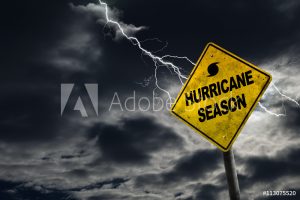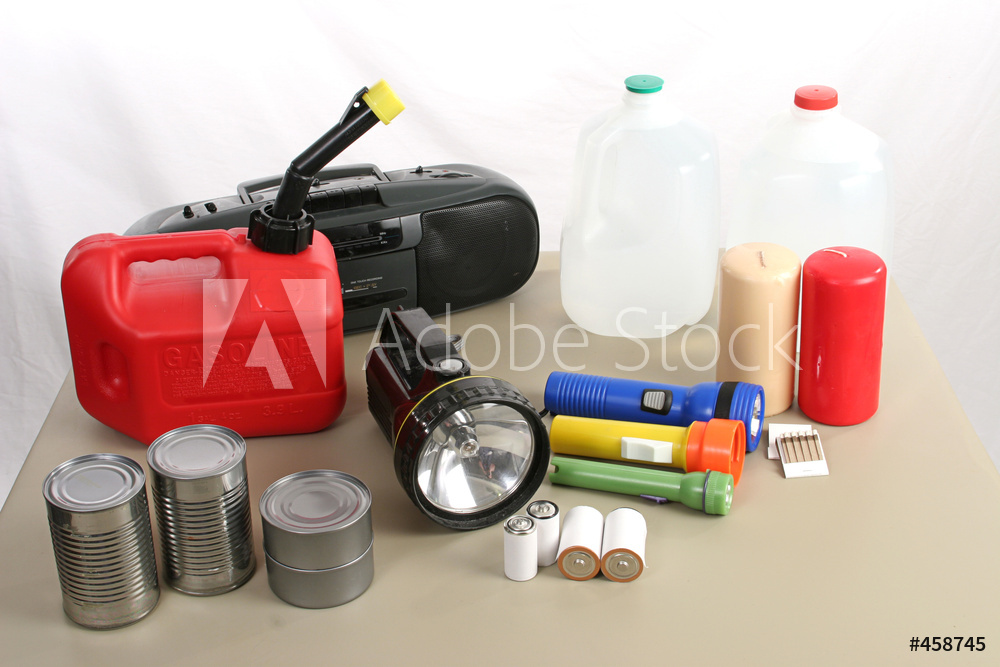
While we are enjoying these first few summer days it is worth remembering that hurricane season is still upon us. The season officially starts on the first day of June and runs through the last day of November, although we usually see the majority of storms forming between mid-August and late-October. Flooding and strong winds from a hurricane can cause a tremendous amount of damage in a short amount of time. When a hurricane begins developing, many people rush out to buy insurance. Most companies, however, will not issue new policies after a storm has started. Companies only issue policies when no storm threats are active.
Planning ahead is the best way to financially weather hurricane season (no pun intended). The first and most important step is to review your existing coverage, if you have a current policy. Make sure you are clear on what your policy includes or excludes. If you feel that anything is amiss it is important to contact your agent immediately.
While some homeowners policies include deductibles for hurricane or wind losses, other insurance companies charge separately. This deductible is the amount that the policyholder must pay before the insurer will cover the remainder of the damages up to the agreed coverage amount. Hurricane and wind deductibles are usually written off as specific amounts and vary based on geographic locations.
The majority of damage comes from flooding and not high winds. Most policies do not cover flooding. Standard policies cover water damage, but the amount of water brought on by a hurricane is considered flooding. There are federal policies available for flood insurance, so anyone who lives in an area where a hurricane or tropical storm could cause a flood should talk to an agent about obtaining this coverage. Important note: there is a waiting period before a flood policy takes effect, so don’t delay in seeking coverage. And remember, once people have started to track and name a hurricane, a company cannot issue coverage.
People living in affected areas should also do the following well in advance of a hurricane threat:
- Find out if the insurance company covers replacement costs or cash value for losses.
- Ensure that your policy covers all contents of the home and their full values in the event of a hurricane. Additional coverage may be necessary.
- Make sure your policy covers your vehicles for wind and flood damages. You may also want to check your Comp. & Collision policy limits (remember that trees can and will fall down during strong winds!)
- If you have not purchased sewer backup coverage, it is important to do that.
We encourage our clients to keep policy copies in safe but easily accessible places. We also recommend that you make an inventory of all of your personal property and decide on a total value. Special items such as art, firearms and valuable jewelry may need separate coverage (you can access the Scheduled Articles form in our Forms Library) and while it is ideal to store valuables in safe places or take them along when evacuation orders are given, this may not always be possible. Try to store them securely on higher ground, such as the top shelf of a closet to reduce the risk of water damage.
Insurance-specific details aside, if a hurricane is expected to make landfall it is recommended that you have an emergency supply kit ready in case you need to react quickly. Items to include in a basic kit are:
- One gallon of water per person, per day, for at least three days
- At least 3 days worth of non-perishable food (include can opener for canned goods)
- Battery powered or hand-crank radio
- Flashlight and extra batteries
- First Aid kit
- Whistle to signal for help
- Moist towelettes, plastic bags and bag ties for persoanl sanitation
- Wrench or pliers to turn off utilities
- Map of local areas and a compass
- Cell phone & charger, personal identification and cash
You can also check our FEMA’s website for ideas and suggestions regarding hurricanes safety http://www.ready.gov/hurricanes

